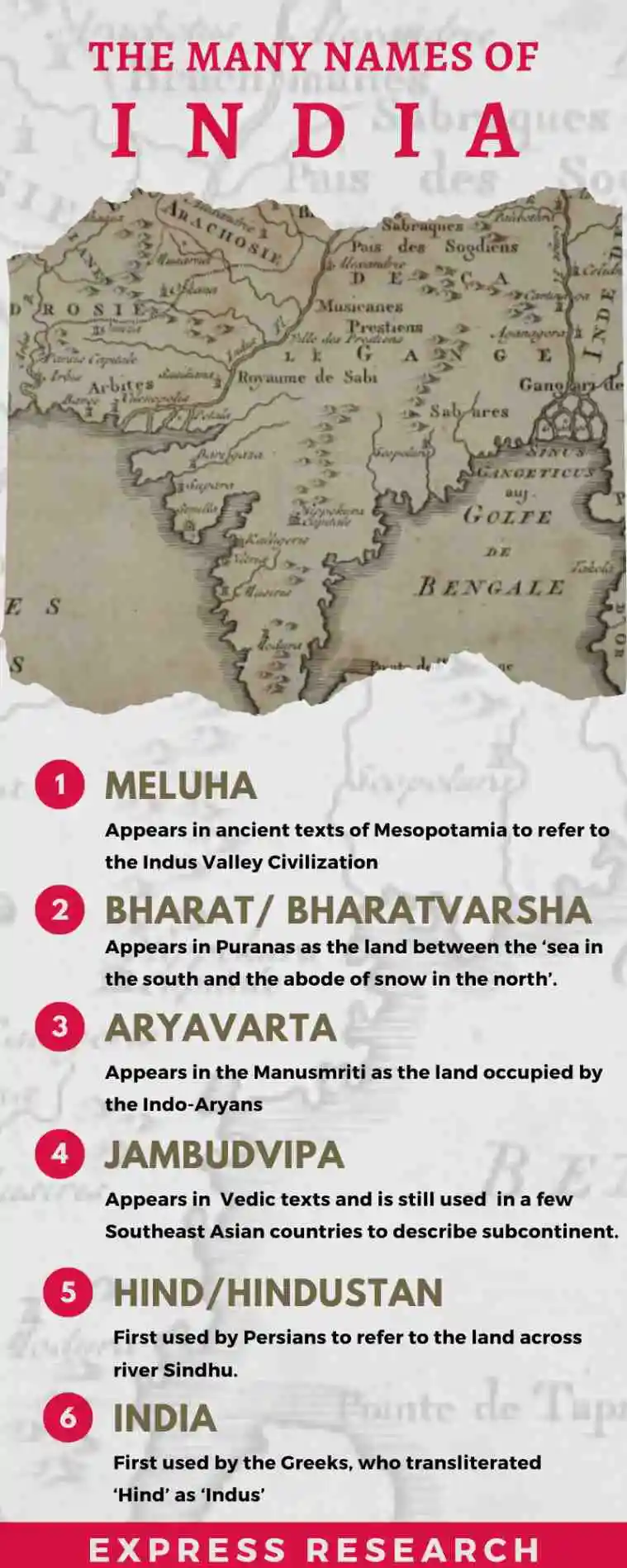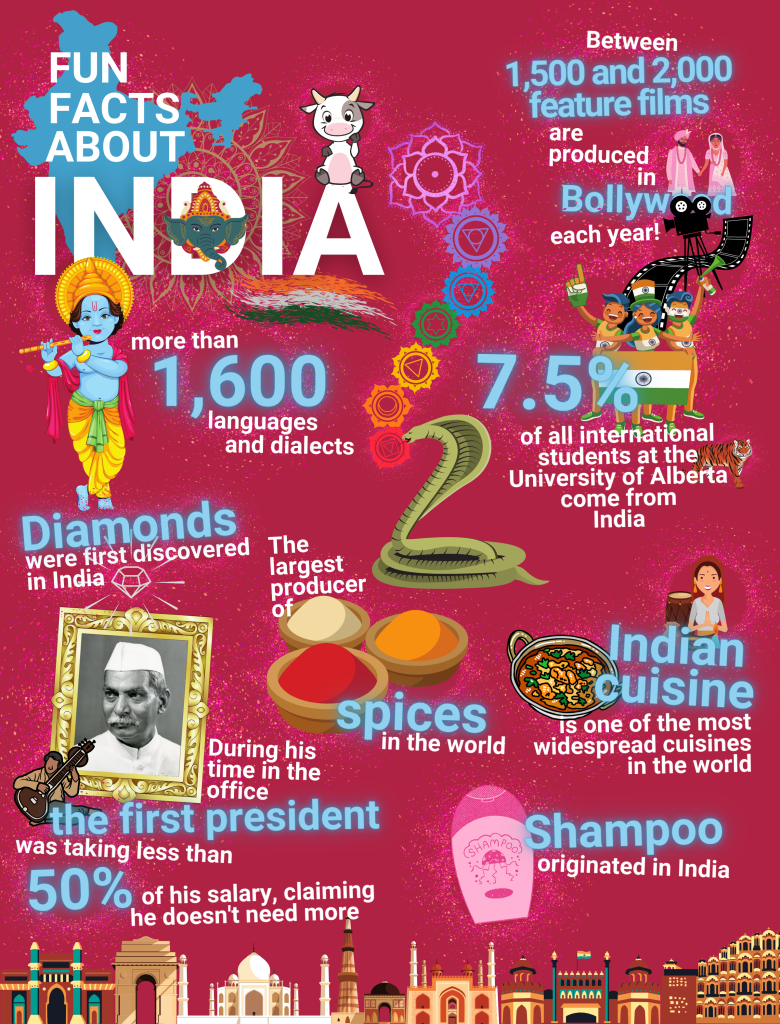Who ruled India before India?
India has a rich and diverse history that dates back thousands of years. Before India as we know it today came into existence, several powerful empires and kingdoms ruled over the land. One such empire was the Maurya Empire, which was founded by Chandragupta Maurya in the 4th century BCE.
The Maurya Empire was one of the largest and most powerful empires in ancient India, covering a vast territory that stretched from present-day Afghanistan in the west to Bangladesh in the east. Chandragupta Maurya was succeeded by his grandson, Ashoka the Great, who is considered one of the greatest rulers in Indian history.
Under Ashoka's rule, the Maurya Empire reached its peak of power and prosperity, with the emperor promoting Buddhism and implementing policies of religious tolerance and social welfare. However, after Ashoka's death, the Maurya Empire began to decline, and by the 2nd century BCE, it had been replaced by the Shunga Empire.
The Shunga Empire was founded by Pushyamitra Shunga, who overthrew the last Maurya king and established his own dynasty. The Shunga Empire would rule over India for nearly two centuries, from the 2nd century BCE to the 1st century CE. The Shunga rulers were known for their patronage of the arts and literature, with many great works of Sanskrit literature being produced during this period.
Despite the cultural achievements of the Shunga Empire, it eventually fell to the rise of the Kushan Empire in the 1st century CE. The Kushan Empire was founded by Kujula Kadphises, a powerful ruler who established a vast empire that extended from Central Asia to northern India. The Kushan Empire was known for its rich cultural diversity and thriving trade routes, with the ancient city of Taxila serving as a key center of commerce and learning.
By the 4th century CE, the Gupta Empire had emerged as the dominant power in India, ushering in a golden age of prosperity and cultural achievement. The Gupta Empire was founded by Chandragupta I, who established his capital at Pataliputra and expanded his territory through a series of military campaigns.
Under the rule of Chandragupta I and his successors, the Gupta Empire became known for its advancements in science, mathematics, art, and literature. The period of Gupta rule is often referred to as the "Classical Age" of Indian history, with scholars and artists producing some of the greatest works of Indian civilization.
In conclusion, before India as we know it today came into existence, several powerful empires and kingdoms ruled over the land. From the Maurya Empire to the Gupta Empire, each dynasty left its mark on Indian history and culture, shaping the identity of the Indian subcontinent for centuries to come.




